
Danny celebrated his birthday in CHO, Austin let go of him for a day. Reunited with the King Of My Living Room bunch and Carrie Elkin at the Southern. Good to see these friends together, sweet.
Month: October 2010
feet

memory
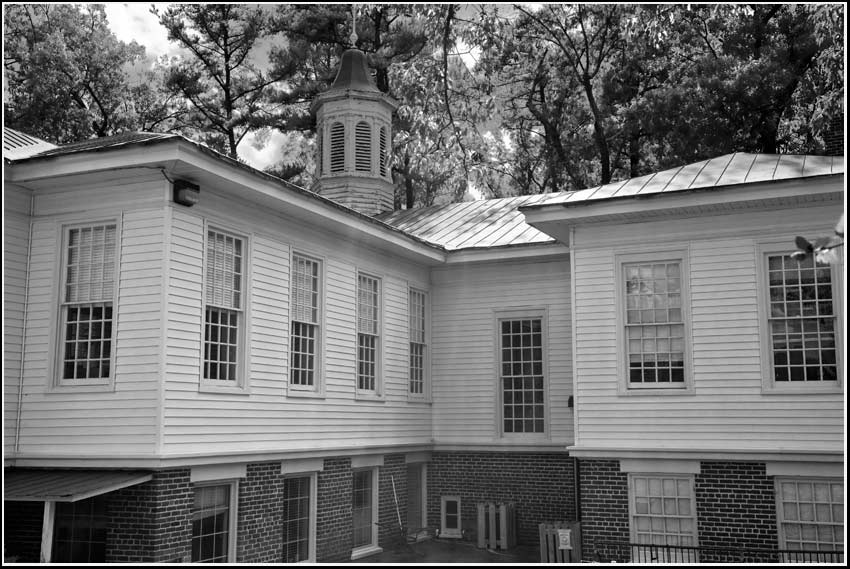
Am I remembering correctly? It was a forty+ years ago.
Rattus norvegicus?
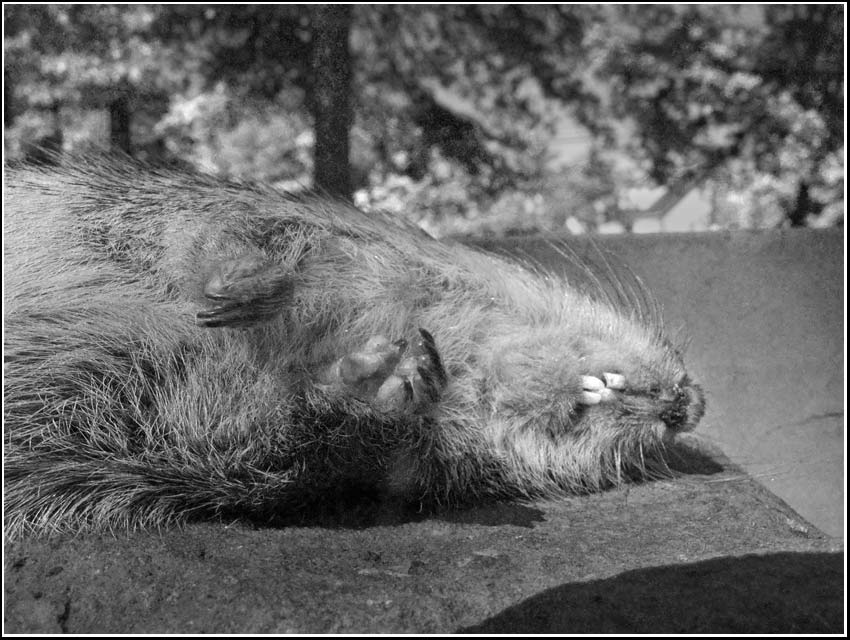
Found her on Franklin Street, rat nap.
pitchfork
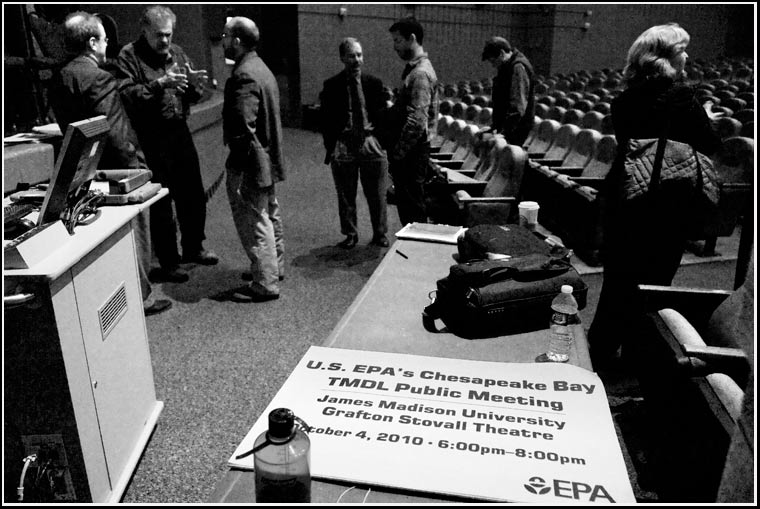
The EPA is holding a series of public meetings this fall to discuss the Chesapeake Bay TMDL (total maximum daily load), the amount of pollution dumped into local waters. Its like calories, feed your child too much, they get fat. Dump too many pollutants in state waters, they get tainted.
The U.S. Environmental Protection Agency is leading a major initiative to establish and oversee achievement of a strict “pollution diet” to restore the Chesapeake Bay and its network of local rivers, streams and creeks.
EPA is working with its state partners to set binding limits on nutrient and sediment pollution through a Total Maximum Daily Load, or TMDL, a tool of the federal Clean Water Act that will be backed by accountability measures to ensure cleanup commitments are met.–EPA
The EPA asked the Bay watershed states (VA, NY, PA, DE, MD) and DC to submit plans to reduce pollutants, they asked “what are you going to do and when?”. The plans the states turned in weren’t adequate in the EPA’s estimation, they found the plans vague. The EPA has asked for revised plans from the states. Meanwhile, the EPA figures, if the states won’t plan to remove pollutants, they will put requirements in place to get the job done.
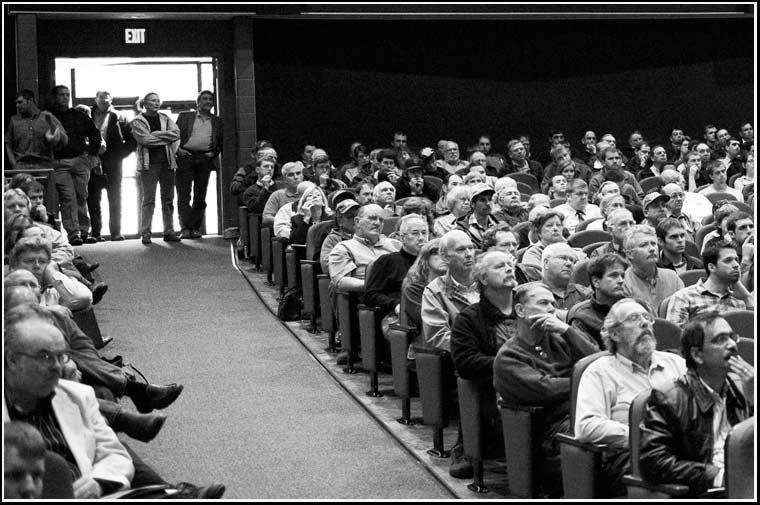
The meeting October 4, 2010, in JMU’s Grafton Stovall theater was well attended.
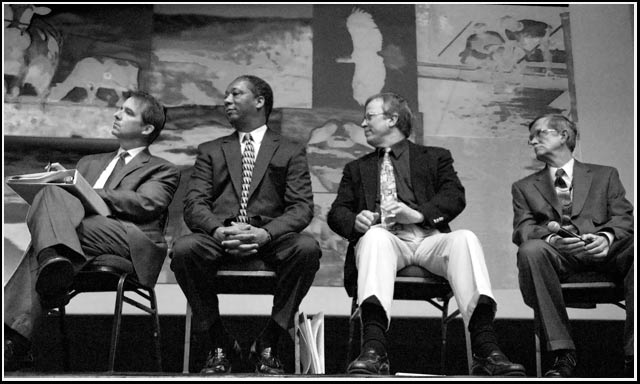
The home team: Russ Baxter (DEQ), Assistant Secretary of Natural Resources for Chesapeake Bay Restoration Anthony Moore, Russ Perkins, Al Pollock(DEQ)
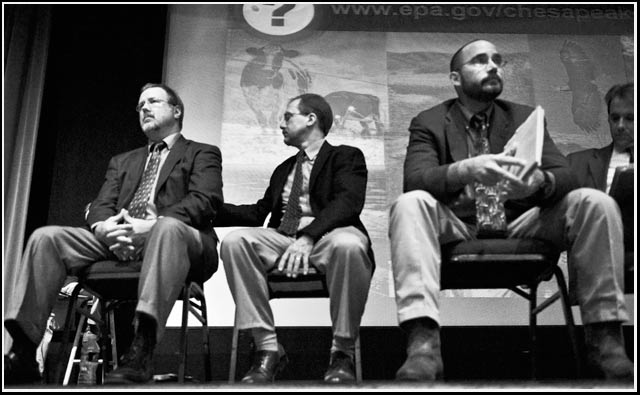
The visitors, from the EPA, Bob Koroncai, Richard Batiuk and Jeff Corbin.
The discussion about the TMDL, the pollution diet, was very civilized. First there was careful exposition by the EPA regarding the TMDL. Then, a similar presentation by the Virginia officials outlining the State’s WIP (Watershed Implementation Plan) to address the clean(er) water goals.

The crowd listens attentively.
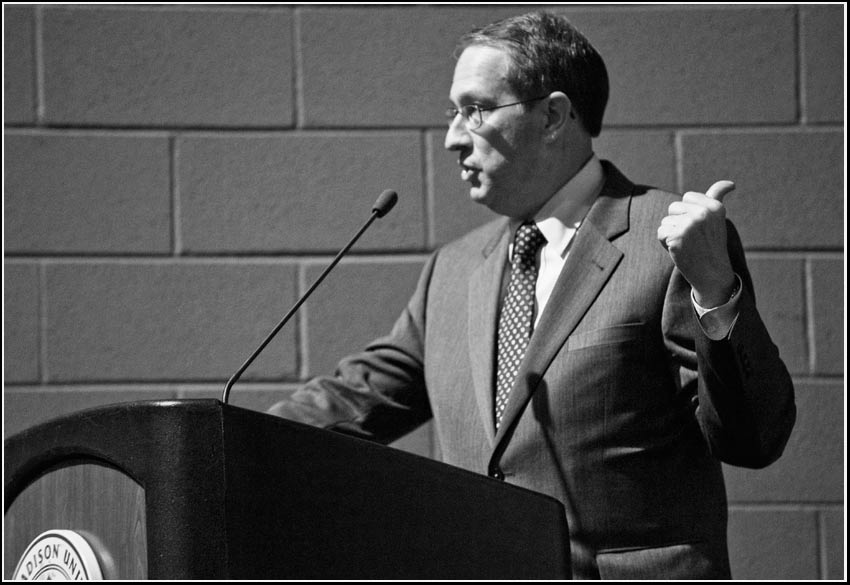
The final speaker before the question and answer period was Virginia Congressman Bob Goodlatte, Republican, 6th district. He upped the rhetorical ante.
Welcome everyone. I am very happy to see all of you here, not for this occasion but that you have come to show your concern about what is happening here in Virginia and elsewhere in the Chesapeake Bay Region, number one.
Number two, I want to congratulate you on the tremendous progress that farmers here in Virginia and elsewhere in the Chesapeake Bay watershed have made. You just saw very visual information about nitrogen and phosphorus usage in the region that has gone down substantially that has gone down substantially with a voluntary, incentivized program it has gone down substantially with state oversight of that rather than the United States Government stepping in with its heavy hand and I think we should keep it that way……You get a presentation like this tonight, and I appreciate the efforts of the State and I appreciate the concerns of the EPA as well, but no one has come forward with the cost benefit analysis to tell each and every one of you what it is going to cost you to get from that additional level that the State program provides for that you saw on the chart and the additional level below that.
Will they do that with sound sensible regulations or will they do it with arbitrary decisions made by people who know very little about your business or your operations? I think no one has a greater incentive to take care of the land and our waterways than the people who make their living off of it……You’ll be hearing from the Virginia Farm Bureau and you’ll be hearing from the Virginia Poultry Federation, the dairymen, the Virginia Cattleman’s Association. You’ll be hearing from the Virginia Homebuilders Association who are affected by this and you’ll probably hear from your local towns who are very worried about this as well. The proposal here, the towns will no longer just be filtering their sewage, coming through their community, but also the stormwater that runs off of peoples’ properties and down streets and so on, the cost of doing that is going to be astronomical.
I talked to a City Council member in Lynchburg yesterday in Lynchburg who told me that the estimate for the City of Lynchburg, a city of about 65,000 people, would be a hundred to three hundred million dollars in addition to all these changes they are having to make to their sewage treatment system right now.
This is an enormous burden on our state, it is going to hit farmers disproportionately hard, but its going to hit all of us and it is not well thought out…
There were no officials from Charlottesville or Albemarle in the crowd. Patrick Cooley, a real reporter, has the story in the News Virginian.

The League of Conservation Voters has given Congressman Goodlatte a score of Zero for his votes on environmental issues.
Comment on the State and EPA plans.
In the interest of equal time, we have heard Bob Goodlatte, lets hear from the Chesapeake Bay Foundation.
Richmond Road
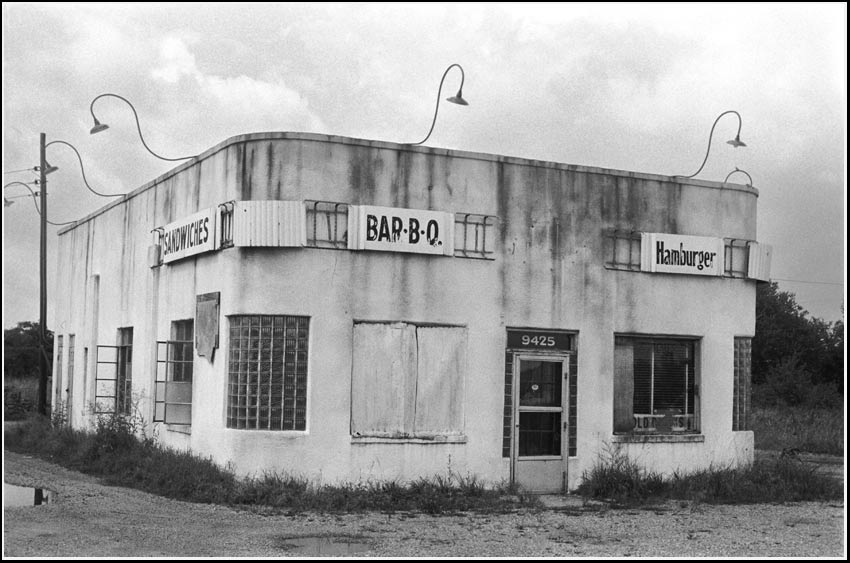
August 1974, the month Richard Nixon resigned.
By the time you get dressed, drive out there, play 18 holes and come home, you’ve blown seven hours. There are better things you can do with your time.
Richard M. Nixon
day of rest
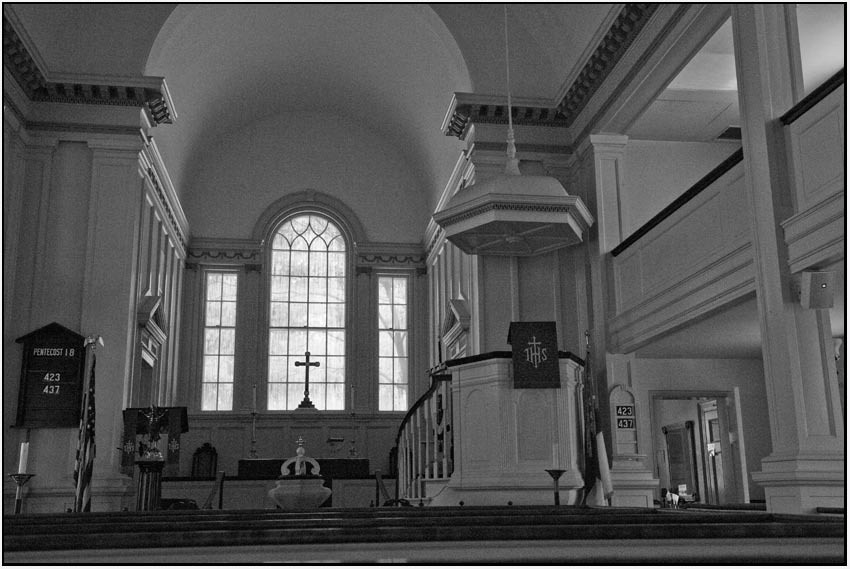
Emmanuel Episcopal Church, Greenwood, Virginia
Didelphis virginiana

New work on view at McGuffey Art Center in Charlottesville, The above a personal favorite, “Juvenile”, ink on paper, by Selena Hitzeman.
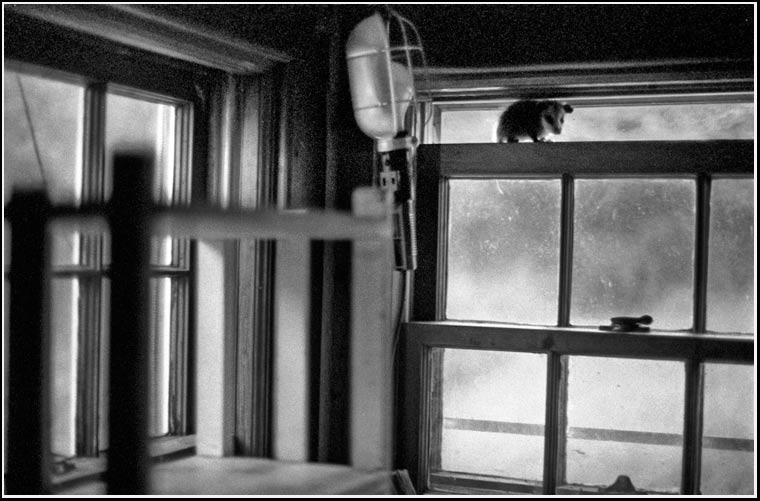
Lived with two house-possums in the 1970’s. I had heard they were good at killing mice and could be house-trained.
I think the DMB owns the cabin now, near Foster’s Branch.